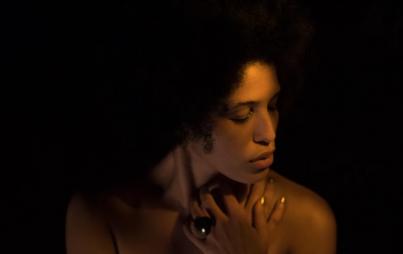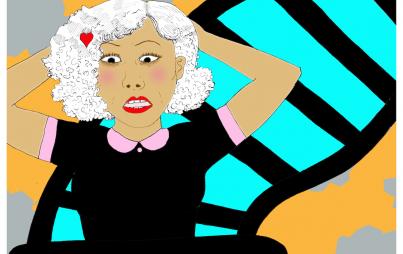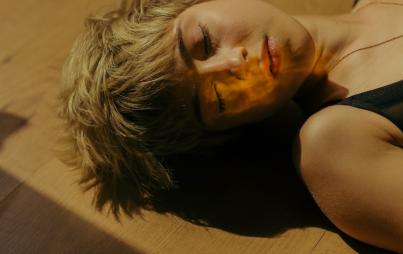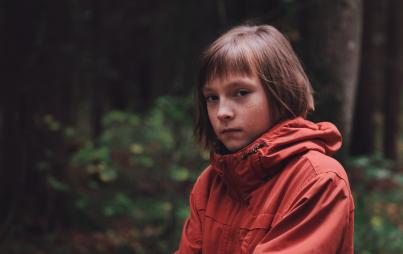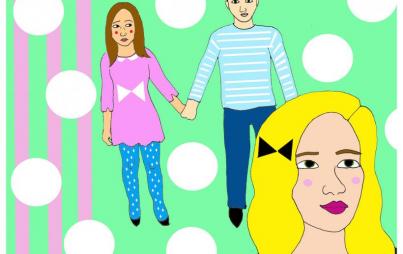
Photo by Carolina Heza on Unsplash
This article first appeared on Your Tango and has been republished with permission.
It isn't an exaggeration to say that people who experience migraines suffer.
And sadly, research now shows migraines themselves may, at least in part, be caused by prior suffering in the form of childhood trauma from emotional abuse.
What is a migraine?
As explained by the Migraine Research Foundation:
"[C]ontrary to popular belief, migraine is not just a bad headache. It’s an extremely incapacitating collection of neurological symptoms that usually includes a severe throbbing recurring pain on one side of the head. However, in 1/3 of migraine attacks, both sides are affected.
"Attacks last between 4 and 72 hours and are often accompanied by one or more of the following disabling symptoms: visual disturbances, nausea, vomiting, dizziness, extreme sensitivity to sound, light, touch and smell, and tingling or numbness in the extremities or face. Of course, everyone is different, and symptoms vary by person and sometimes by attack."
Some people only experience migraines on occasion, while others seem to get them all the time.
Because they're so debilitating, migraines often mean missed work or important events because all sufferers can handle until they finally find relief is curling up in a dark room, waiting in agony for the pain to go away.
While the exact causes of migraines are not entirely clear, a study presented to the American Academy of Neurology (AAN) asserts that children who are emotionally abused may be more likely to experience migraine headaches as young adults.
The findings also suggest that the link between migraines and abuse is stronger for those who experienced emotional abuse than for those who were subjected to either physical or sexual abuse.
"Emotional abuse showed the strongest link to increased risk of migraine," study author Dr. Gretchen Tietjen, from the University of Toledo in Ohio, said. "Childhood abuse can have long-lasting effects on health and well-being."
You Might Also Like: Having A Rough Childhood Can Affect Your Health As An Adult
Sexual abuse included "forced sexual touching or sexual relations."
Of the approximately 14,484 young adult participants, ranging in age from 24 to 32, almost 14 percent had been diagnosed with migraines, and about 47 percent reported that they had been emotionally abused during childhood.
Eighteen percent reported that they had been physically abused and five percent said that they had been sexually abused.
Sixty-one percent of those who had experienced migraines reported having been abused during their childhood, while 49 percent of those who never experienced migraines said the same.
Overall, those who reported having experienced childhood abuse were 55 percent more likely to experience migraines than those who weren't abused "after accounting for age, race and sex."
"In contrast," the AAN's press release states, "those who were sexually or physically abused were not significantly more likely to have migraine than people who were not abused."
The correlation between childhood emotional abuse and increased migraine risk later in life held steady when researchers adjusted in order to account for depression and anxiety, mental health conditions which have both been previously linked to migraines.
In their final analysis, the research shows adults who experienced emotional abuse as children are 32 percent more likely to have migraines as adults than those who did not experience abuse of any kind.
Notably, the AAN was careful to clarify that these findings do not "show cause and effect, although the finding that the likelihood of having migraines increases with increasing number of abuse types is suggestive of it."
"More research is needed to better understand this relationship between childhood abuse and migraines," Dr. Tietjen said. "This is also something doctors may want to consider when they treat people with migraine."



